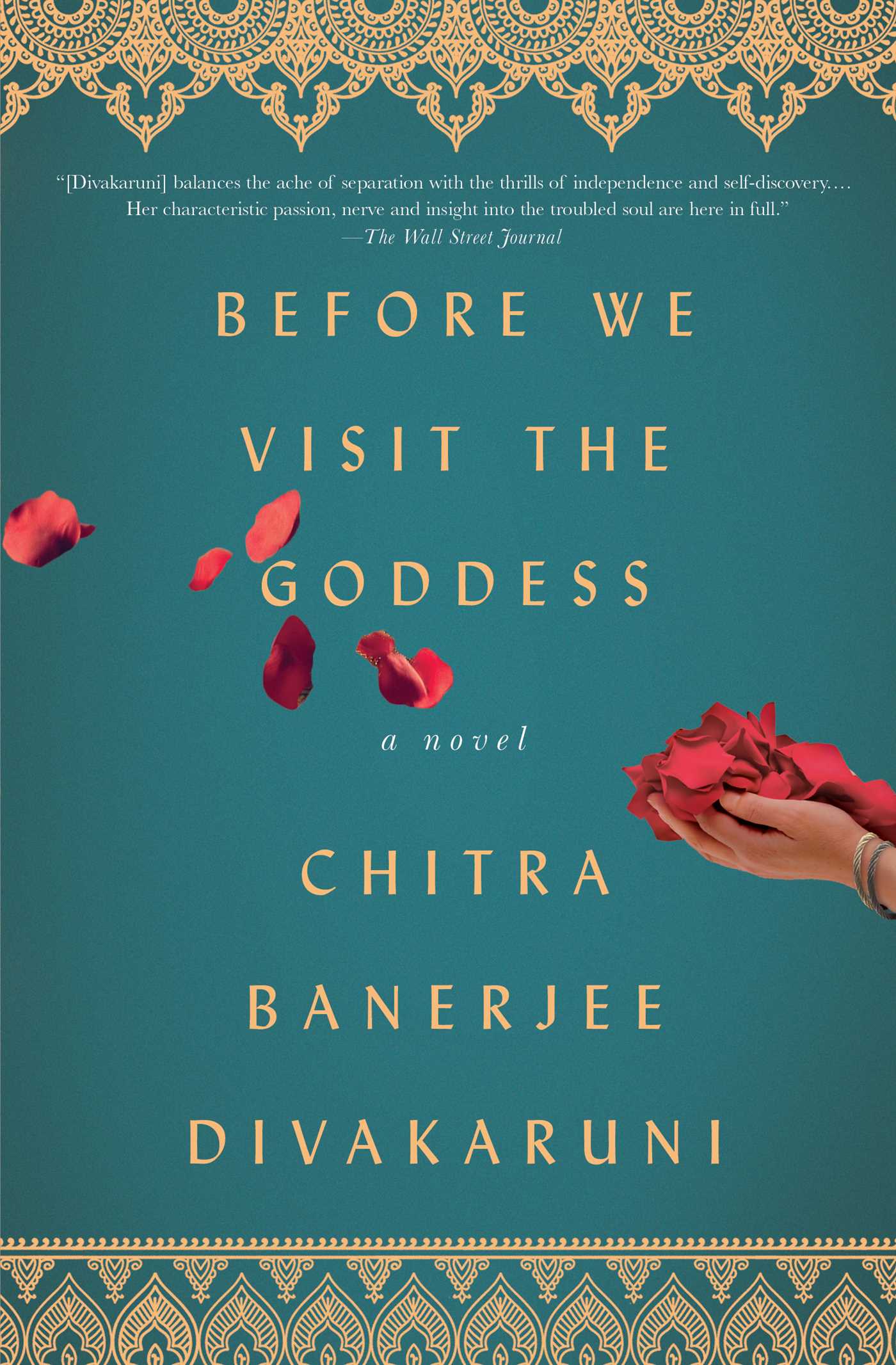In a delicate and deeply empathetic novel, Chitra Banerjee Divakaruni threads the stories of a mother, a daughter, and a granddaughter into a singular piece about love, sorrow, and loss.
Sabitri was born in a poor household in rural Bengal, India, with hopes of an education and a comfortable life, only to be distracted by the love of a man who isn’t strong enough to fight for her when faced with familial opposition. Despite her humiliation, she lets go of her first love and marries her college professor, building a comfortable life with him for their daughter, Bela.
The past haunts Sabitri’s stable life, however, and tensions arise that linger through the generations. She eventually runs a successful sweets business, but just as life seems to settle into place for her, Bela elopes and immigrates to the United States with a man who will eventually bring her heartbreak, a man her mother did not trust. Mother and daughter will never see each other again, their only connection through short phone calls, mailed photographs, and a love for cooking that impacts Bela’s life as much as it has her mother’s.
Emotional distance is emphasized throughout the novel, especially between mother and daughter. In an unfortunate twist, Bela’s own daughter, Tara, leaves her mother behind, unable to accept the truths of her family. Tara is in many ways relatable to first-generation immigrants, struggling to connect with her Bengali-Indian roots and rebelling as she tries to find her own purpose in life. Unlike the women before her, she does not enjoy cooking, nor is she traditional in any sense. Like her mother and grandmother, however, she forgoes a degree and paves another path for herself, slowly healing in the process.
Divakaruni has a keen eye for creating imperfect, relatable characters and a fluid story that pulls at the heartstrings. The language is rich and tangible, especially in scenes describing the love Sabitri puts into her sweets, the grief Bela pours into her dishes, and even the annoyance Tara experiences in preparing dinners. It creates a savory experience that one craves. Each perspective explores what it means to sacrifice oneself in the process of finding love and rediscovering oneself in losing love. While every relationship is written with painstaking detail, it is what’s left unsaid that has the most enduring effect, that breaks down walls of trust. It is only with time that what has been broken can be built again.
BEFORE WE VISIT THE GODDESS is a tale of women who embody the phoenix, from rise to fall to rise again. It is not to be missed.










